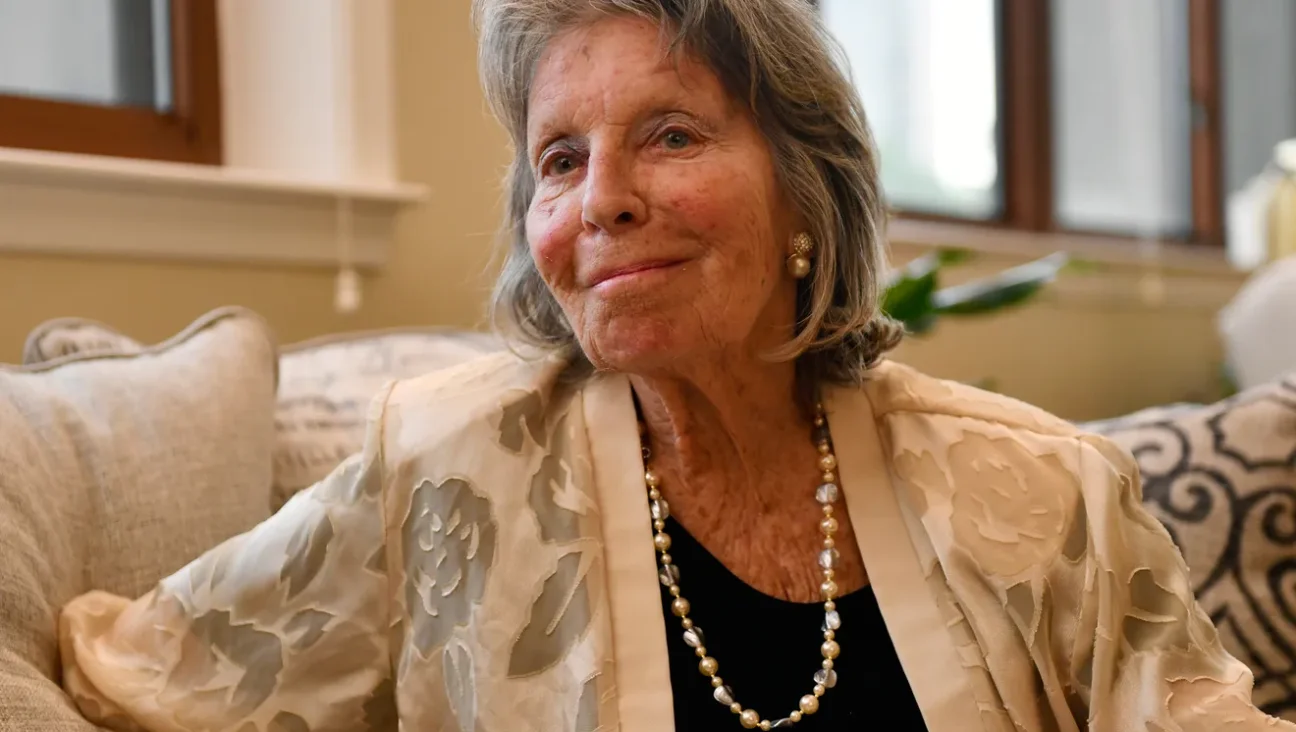Dutch Muslims Hold More Negative Views of Jews
The Dutch government postponed indefinitely the release of a survey suggesting that anti-Semitism is more prevalent among Muslim youths than Christian ones.
The Verwey Jonker Institute submitted the synopsis for its government-commissioned report on anti-Semitism among youths last month for publication to the Dutch Social Affairs ministry, which has kept is under wraps past the May deadline and ordered a review of the data, De Telegraaf daily reported Monday.
De Telegraaf nonetheless reviewed a copy of the synopsis, which said that 12 percent of Muslim respondents expressed a “not positive” view of Dutch Jews compared to only two percent among Christian respondents.
The Telegraaf report did not say how many youths were questioned in the survey by the Verwey Jonker Institute, which is among the country’s leading authorities on conducting scientific research on social issues.
Asked about Jews in Israel, 40 percent of Muslim respondents expressed a “not positive” view compared to six percent among Christians, 10 percent among members of other faiths and eight percent among atheists.
Among Muslim respondents, Zionists came out as least liked, with 66 percent expressing a “not positive” view compared to six percent among Christians.
Muslims of Turkish descent expressed more negative views of Jews than their Moroccan peers. The same applied to males compared to females, the report said.
The State of Israel invoked the least favorable reactions, with 13 percent of Christians expressing negative feelings and 62 percent of Muslims. Of the two remaining categories, 19 and 22 percent respectively said they did not have a positive view of the Jewish state.
Asked by De Telegraaf why the report has not been released, a ministry spokesperson said the ministry needs “clarification, for example on how to explain some results.” The ministry declined to elaborate, De Telegraaf reported.
The Center for Information and Documentation on Israel, or CIDI, a watchdog on anti-Semitism, defended the government’s decision to withhold the report’s release citing “the risk that respondents conflated some of the terms they were asked about.”
A message from our Publisher & CEO Rachel Fishman Feddersen

I hope you appreciated this article. Before you go, I’d like to ask you to please support the Forward’s award-winning, nonprofit journalism so that we can be prepared for whatever news 2025 brings.
At a time when other newsrooms are closing or cutting back, the Forward has removed its paywall and invested additional resources to report on the ground from Israel and around the U.S. on the impact of the war, rising antisemitism and polarized discourse.
Readers like you make it all possible. Support our work by becoming a Forward Member and connect with our journalism and your community.
— Rachel Fishman Feddersen, Publisher and CEO























